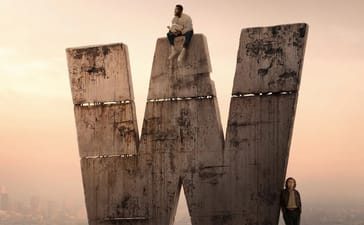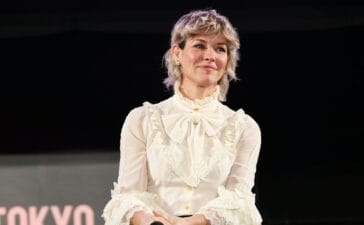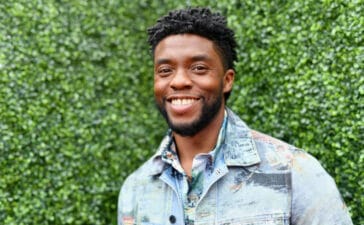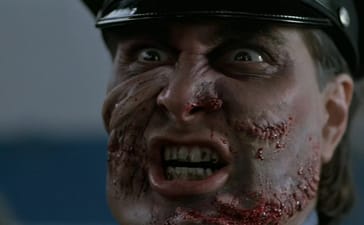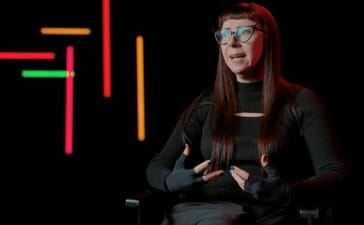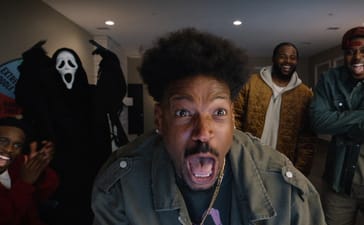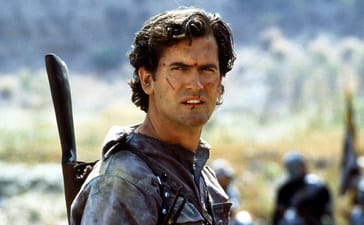Disney’s newest Marvel series feels like an obligatory exercise.
It’s dumb to wonder “Who asked for this?” in regards to art. It’s tempting here, though. Gestating since 2020, with the character making a cameo appearance in Black Panther: Wakanda Forever in 2022, Ironheart is finally on Disney+, with the first three episodes already streaming, while the back three drop on July 1. If that feels like they’re burning the series off in a hurry, I agree.
Which is weird, because Ironheart should be a slam dunk. Ryan Coogler, currently enjoying all the love for Sinners, is an executive producer. The cast is excellent, and lead Dominique Thorne is ridiculously charismatic and energetic. Creator Chinaka Hodge layers in themes of class, race, identity, and inequality liberally, which is an interesting angle to take on what is, in essence an Iron Man spin-off. While the late Tony Stark could cheerfully throw money at most of lives little difficulties, our hero here, Riri Williams, comes from considerably further down the socioeconomic ladder. That’s why when we meet her anew she’s writing essays for lazy students at MIT to fund her prototype Iron Man suit – a hustle that gets her expelled.
From there were off to Chicago, where Riri falls in with revolutionary/criminal Parker Robbins (Anthony Ramos), aka The Hood. Having acquired a magical hood somewhere along the line (the Marvel Cinematic Universe is littered with magical and technological WMDs) Robbins leads a band of merry pranksters on a mission to stick it to the man – and earn bank in the process. That sounds pretty good to Riri, and we proceed from there.
The problem with Ironheart is that it plants a lot of seeds that never seem to bloom. It sets up a lot of interesting conflicts and themes, but never quite manages to explore them in an interesting. Maybe there’s just too much stuff here. The series is packed with incident and ideas. Riri’s late best friend, Natalie Washington (Lyric Ross) is sort of resurrected as her suit’s AI, N.A.T.A.L.I.E. Alden Ehrenreich crops up as Ezekiel Stane, seemingly repentant son of Iron Man villain Obadiah Stane. Riri wrestles with PTSD and survivor’s guilt over the death of both Natalie and her own stepfather, Gary (LaRoyce Hawkins), who were slain in a drive by shooting. You can feel the series struggling to fit in everything it wants to talk about, and the result is very little feels fully fleshed out.
But here’s the thing – with such an overstuffed production, you’re bound to find something you like. Whether you find enough of it is a whole other question. I love The Hood’s wildly diverse gang, which includes Eric André as tech specialist Rampage; Talk To Me‘s Zoe Terakes and GLOW‘s Shakira Barrera as muscle Jeri and Roz Blood; and Ru Paul’s Drag Race star Shea Couleé as Slug, the team’s hacker. I dig how it’s trying to explore the blurred boundary between activism and criminality, even though it fumbles the ball.
Still, this feels like one of many paths not taken by the MCU – an element left over from a game plan that’s been scrapped, much like Kang, The Eternals, and whatever the Young Avengers might have been. The interconnectedness of the Marvel Cinematic Universe is both a blessing and a curse, but Ironheart seems completely divorced from the greater narrative of the franchise, despite the number of connections it boasts. It’s not terrible, mind you – it’s just much less than the sum of its parts.
It’s no secret that the bloom is off the MCU rose these days, and it’s hard to say what the future of the franchise will being. I’m keen for The Fantastic Four: First Steps, but not so much for Avengers: Doomsday, which smacks of creative desperation to me – a Hail Mary attempt to recapture the culture the way Infinity War and Endgame did. If either of those tank – and that’s a very real possibility – it’s a real problem for Marvel Studios. But if we’re using Ironheart as a barometer for the general state of the franchise, the future looks… well, pretty mid.




